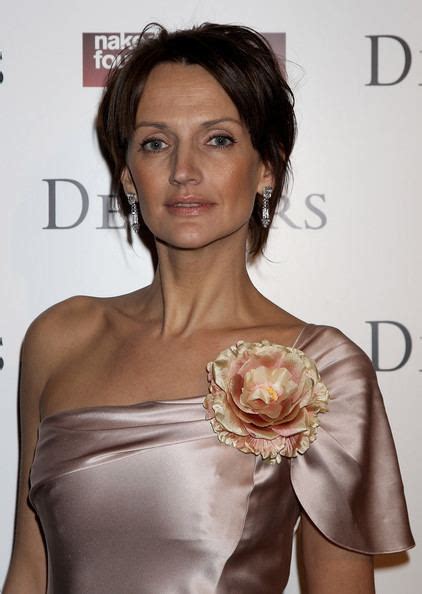A Quote by Doris Grumbach
These short stories establish Sontag's originality . . . her unique vision, her success with experiments in the form . . . Sontag makes a wonderful stew of the past, the life caught in memory and imagination, serves it all up lavishly laced with silences, and provides us with a gourmand's series of short courses.
Related Quotes
The thing I like so much about short stories is that there isn't as much of an investment of time so I'm free to experiment more. If it doesn't work out, I've only lost a week or two of work. If I screw up a novel I've lost at least a year's worth of work. But the nice thing is that those experiments with short stories can be carried over to novels when the experiments do work.
I'm one of those writers who started off writing novels and came to writing short stories later, partly because I didn't have the right ideas, partly because I think that short stories are more difficult. I think learning to write short stories also made me attracted toward a paring down of the novel form.
I made some shorts that I'm not in. I think because I write so many short stories, it's not that hard to come up with characters that are not me. But my way into making movies has been through performing. My very first short film, I played a child and her own mother. So in some ways, to me, my great achievement so far is just that I've gotten all these other people to play the other parts. That's what makes it a real movie.
No one writes a story like Lydia Davis. In the years since she began publishing her lyrical, extremely short fiction, she has quietly become one of the most impactful influences on American writers, even if they don't know it. That's largely because she makes economy seem so easy. You could read several of her stories into a friend's voicemail box before you were cut off (and you should). You could fit one of her stories in this column. Some you could write on your palm.






































